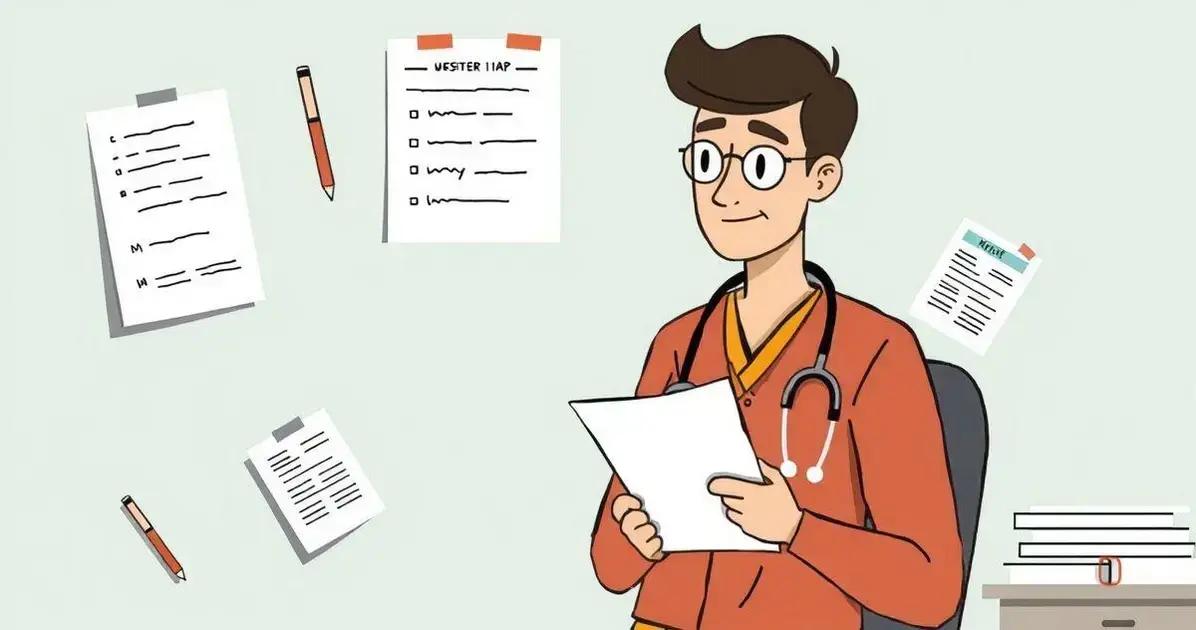Discussing erectile dysfunction (ED) with your healthcare provider is essential for identifying underlying health issues and exploring effective treatment options. Prepare for your appointment by gathering your medical history, noting symptoms, and preparing questions. Open communication helps track progress and improve quality of life through various treatment approaches and lifestyle changes.
Discussing erectile dysfunction (ED) with a healthcare provider can be daunting, but it’s crucial for many men. ED affects not just physical health, but emotional well-being too. By addressing this sensitive topic openly, you take the first step towards effective treatment. In this article, we’ll provide 5 tips for discussing erectile dysfunction with your doctor, ensuring you feel confident and prepared during your visit.
Understanding Erectile Dysfunction

Erectile dysfunction (ED) is a condition where a man finds it difficult to achieve or maintain an erection. It can affect men of all ages, but it is more common in older adults. Understanding ED is the first step in addressing the issue and improving quality of life.
Causes of Erectile Dysfunction
ED can stem from various causes. Physical factors, such as diabetes, heart disease, and high blood pressure, can impact blood flow and lead to ED. Additionally, psychological causes, including stress, anxiety, and depression, may also contribute to this condition.
Symptoms and Diagnosis
The primary symptom of ED is the inability to get or keep an erection during sexual activity. Other symptoms may include reduced sexual desire or difficulty reaching orgasm. To diagnose ED, healthcare providers may perform a physical exam, review medical history, and possibly request blood tests to rule out underlying health issues.
Importance of Seeking Help
Many men feel embarrassed discussing ED, but it is essential to seek help. Open communication with a healthcare provider helps identify the root cause and explore treatment options. Treatment can significantly enhance sexual health and relationships.
Available Treatment Options
Treatment for ED varies based on its underlying cause. Options may include medications, therapy, lifestyle changes, or devices that assist with erections. Talking to your doctor about these treatments can help you find the right solution.
Understanding erectile dysfunction is vital for addressing it effectively. With the right knowledge and support, men can take control of their sexual health and improve their quality of life.
Why Discussing ED is Important

Discussing erectile dysfunction (ED) is crucial for multiple reasons. First, it can help identify any underlying health issues. ED is often a symptom of more serious conditions such as heart disease, diabetes, or hormonal imbalances. By talking to your doctor, you can address these problems early.
Emotional Impact
Secondly, ED can have a significant emotional toll. It can lead to anxiety, depression, and relationship problems. Sharing your concerns with a healthcare provider can not only ease your mind but also help you find support and coping strategies.
Opening the Conversation
Moreover, open discussions about ED contribute to breaking the stigma surrounding it. Men often feel embarrassed, but by talking about ED, we normalize the conversation. This can encourage others to seek help when needed, leading to better health outcomes.
Access to Treatment Options
When you discuss ED with your doctor, you gain access to various treatment options. This may include medications, therapy, or lifestyle changes tailored to your specific needs. Understanding your options empowers you to make informed choices about your sexual health.
Improving Quality of Life
Lastly, addressing ED can vastly enhance your quality of life. Successfully managing the condition can result in better sexual performance, improved self-esteem, and stronger relationships. Taking that first step to talk with your doctor can lead to positive changes.
How to Prepare for Your Appointment

Preparing for your appointment to discuss erectile dysfunction (ED) can help make the visit smoother and more effective. Here are some key steps to ensure you are ready.
Gather Your Medical History
Start by compiling your medical history. List any health conditions you have, such as diabetes or heart disease. Include medications you are currently taking, including over-the-counter drugs and supplements. This information is crucial for your doctor to understand your overall health.
Note Your Symptoms
Write down details about your ED symptoms. Pay attention to when they began, how often they occur, and any other related issues you might face. This can be helpful for your doctor in determining the cause and best treatment options.
Prepare Questions
Before your appointment, think about what you want to ask your healthcare provider. Prepare a list of specific questions about ED, potential causes, and treatment options. This will help ensure you receive the information you need during your appointment.
Consider Lifestyle Factors
Reflect on any lifestyle factors that may be affecting your condition. This includes diet, exercise habits, smoking, and alcohol consumption. Be honest about these factors, as they play a significant role in erectile function.
Bring a Support Person
If you feel comfortable, consider bringing a partner or trusted friend to your appointment. They can provide support and help remember the information shared during your visit. Having someone there can make discussing sensitive topics easier.
Questions to Ask Your Healthcare Provider

When visiting your healthcare provider to discuss erectile dysfunction (ED), asking the right questions can lead to valuable insights. Here are some important questions to consider.
What Could Be Causing My Erectile Dysfunction?
Understanding the root cause of your ED is vital. Ask your doctor about potential physical and psychological factors that could affect your sexual health.
What Tests Do I Need?
Inquire about any tests that may help diagnose the issue. This could include blood tests, urine tests, or physical exams that can determine underlying health problems.
What Treatment Options Are Available?
Discuss the various treatment options for ED. This includes medications, therapy, lifestyle changes, or other procedures. Ask about the effectiveness and side effects of each option.
How Can Lifestyle Changes Help?
Ask how your lifestyle might be impacting your erectile function. Your doctor may provide suggestions on improving diet, exercise habits, or quitting smoking and reducing alcohol consumption.
What Should I Expect from Treatment?
Finally, inquire about what results you can expect from treatment and how long it may take. Understanding the timeline and process can help you stay motivated and informed.
Follow-Up and Next Steps

After discussing erectile dysfunction (ED) with your healthcare provider, it’s essential to know the next steps. Follow-up care is crucial for effective treatment and management.
Schedule a Follow-Up Appointment
Make sure to schedule a follow-up appointment as recommended by your doctor. This allows you to monitor the effectiveness of the treatment and make any necessary adjustments.
Track Your Progress
Keep a record of your symptoms and any changes you notice. You might find it helpful to write down how often you experience ED, the situations when it occurs, and any emotional factors involved. This information is vital during follow-ups.
Communicate Openly
Continue to communicate openly with your healthcare provider. Share any side effects from medications or treatments and discuss any concerns you have. Open dialogue is key to finding the right solution for you.
Consider Lifestyle Adjustments
Implement lifestyle changes that can help improve your condition. These may include exercising regularly, eating a balanced diet, and managing stress. Your doctor can provide tailored advice based on your situation.
Stay Informed
Educate yourself about ED and its treatments. Being informed can help you feel more empowered and involved in your care. Seek out reliable resources and don’t hesitate to discuss new findings with your doctor.
In Summary: Navigating Erectile Dysfunction
Discussing erectile dysfunction (ED) with your healthcare provider is an important step towards better sexual health. By understanding what ED is and why it matters, you can feel more comfortable and empowered during your appointment.
Preparing for your visit, asking the right questions, and knowing the next steps in your care can lead to effective treatment. Remember that you are not alone, and seeking help is a sign of strength.
Follow-up care and lifestyle adjustments play critical roles in managing ED. By staying proactive, you can improve your quality of life and restore confidence in your sexual health.
Take control of your health by reaching out to your doctor and starting the conversation today.
FAQ – Frequently Asked Questions about Discussing Erectile Dysfunction
What is erectile dysfunction (ED)?
Erectile dysfunction (ED) is the inability to get or keep an erection firm enough for sexual activity and can affect men of all ages.
Why is it important to discuss ED with a healthcare provider?
Discussing ED is crucial because it can help identify underlying health issues and lead to effective treatment options.
What should I prepare before my appointment?
Prepare your medical history, note your symptoms, write down questions, and consider bringing a support person if needed.
What are some key questions to ask my doctor about ED?
You can ask about the potential causes of ED, necessary tests, treatment options, lifestyle changes, and what to expect from treatment.
How can I track my progress after starting treatment?
Keep a record of your symptoms and any changes you notice, including how often you experience ED and any related emotional factors.
What lifestyle changes can help improve ED?
Lifestyle changes such as regular exercise, a healthy diet, quitting smoking, and reducing alcohol consumption can positively impact erectile function.













